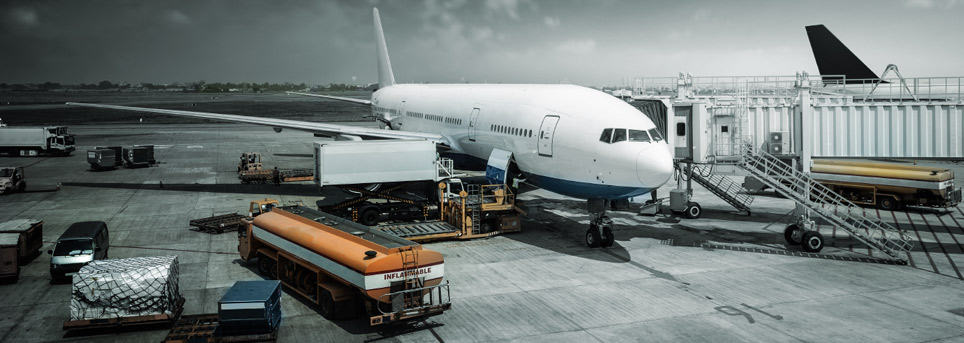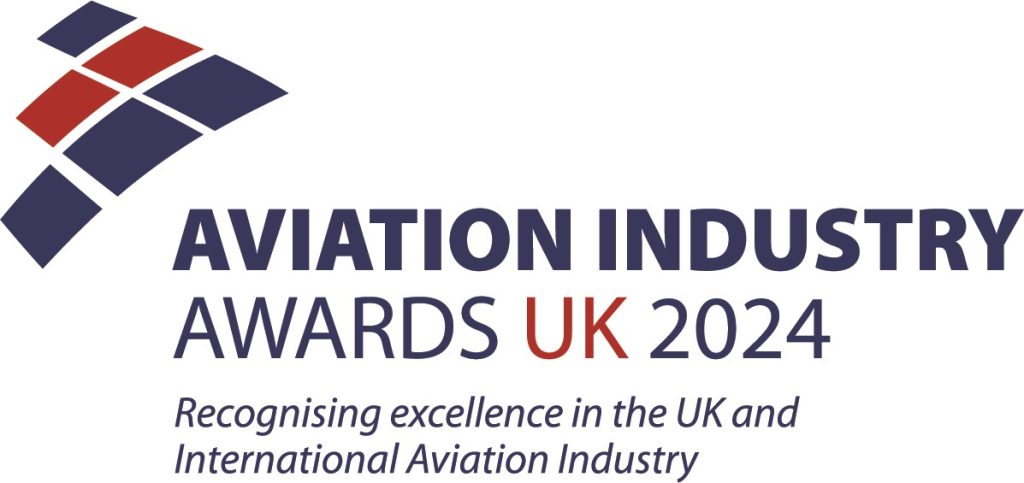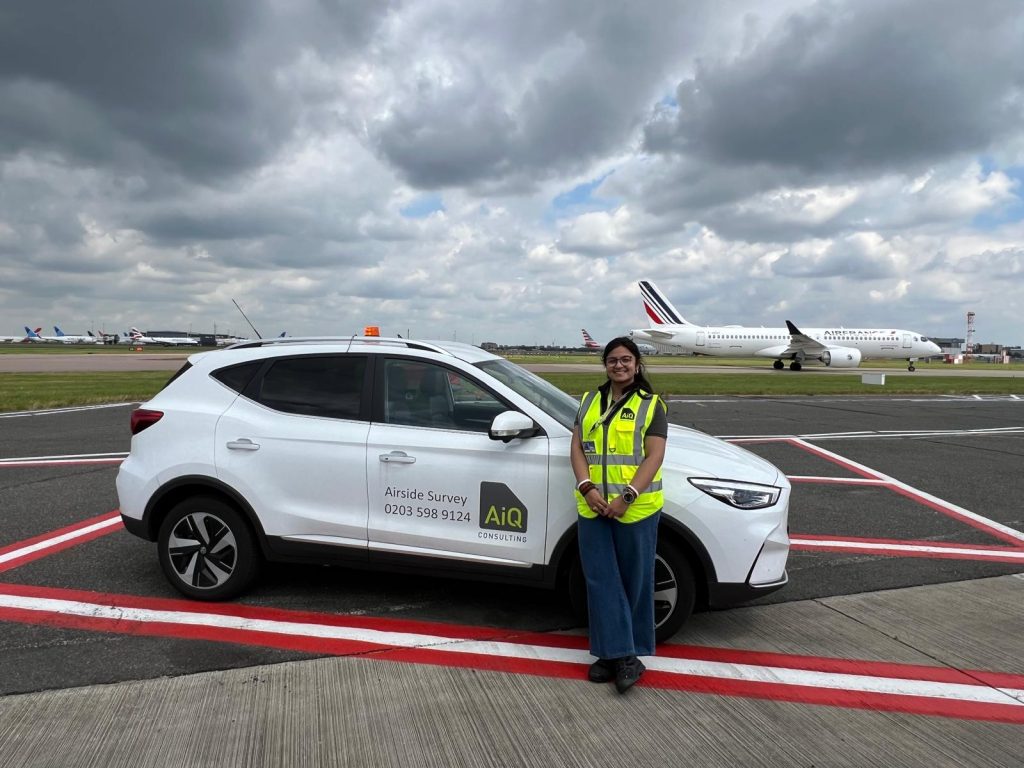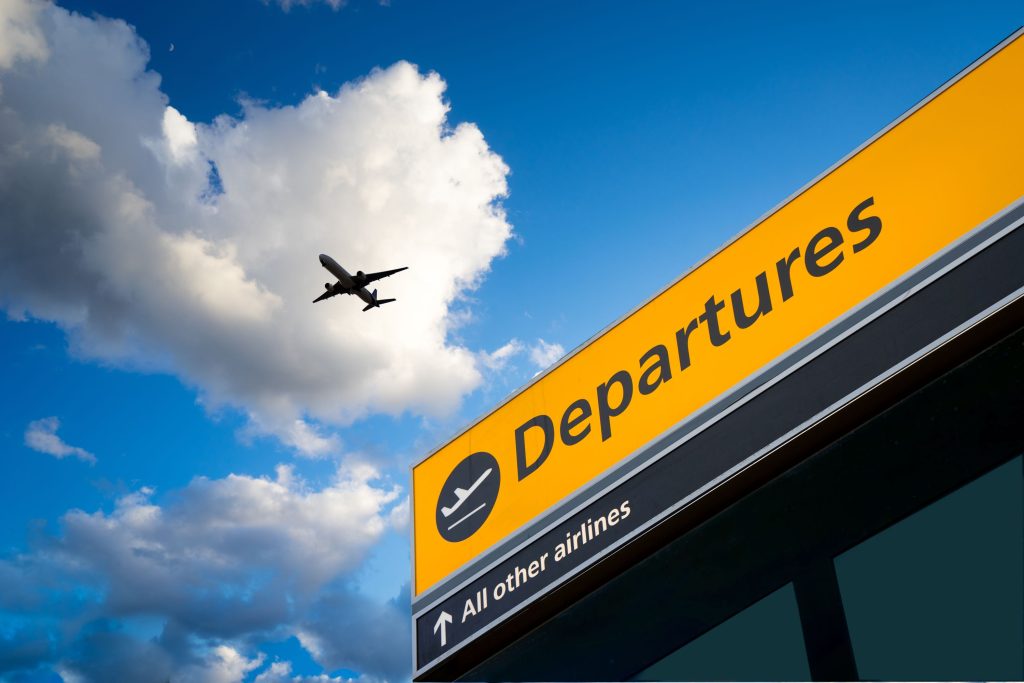
This year’s International Women’s Day campaign theme is Accelerate Action, focusing on the importance of taking swift and decisive steps to achieve gender equality. At the current rate of progress, it will take until 2158, roughly five generations from now, to reach full gender parity, according to data from the World Economic Forum.
In support of #IWD2025 we want to recognise and celebrate women’s achievements to raise awareness of gender equality, particularly in the workplace. That’s why we are incredibly proud to highlight a few of the talented women who are part of our team at AiQ.
We spoke with them about their experiences as women in aviation, and they gave us their insights and advice for other women aspiring to enter the industry.












